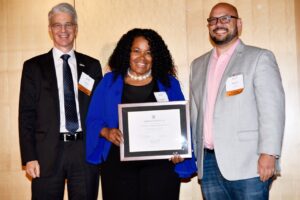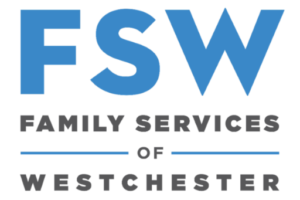
The road to college is a path primarily defined by its destination. While this destination may vary greatly from student to student, the larger objectives of gaining acceptance to a college, completing a degree, and entering a career field remain largely the same. Yet, too much focus on where we want to end up may limit our ability to see the value of the opportunities that emerge along the way. How can students, instead, use self-exploration now as a tool to strategically refine and develop interests, skills, and passions, to assist with daunting major and career decisions later on?
As students progress through their own journeys of academic and personal growth, an array of curiosities and interests will certainly emerge. From volleyball to visual arts to volunteering, students’ passions can materialize and change at any moment. It is only in failing to adequately and formally explore these areas that students may be missing an opportunity to develop greater self-understanding and perspective. A hyper-focused vision of one’s path and objectives, without this key element of continuous exploration, can lead students to become fixed, whether it’s on that one school, or that dream job they’ve aspired to since childhood.
Prominent developmental psychologist James Marcia described this tendency as identity foreclosure, explaining how failing to fully explore your interests can limit your ability to more fully understand and develop your identity.
Throughout middle and high school, we encourage students to purposefully engage in formal extracurricular activities, such as coding, art, and music, to assist in identifying potential talents and refining related skills. This can also guide students in their development of new perspectives and points of view on the world, gaining new experiences, and providing greater direction later on in the selection of a major and career.
The process of major selection is not as restrictive as students and parents may think. In choosing a course of study, students are not being asked to define themselves and what they want to do for the rest of their lives. Rather, they are selecting a major in which they see themselves as the best fit. With so many options and new fields to explore, many students may start college undecided. This is okay, in fact, it’s normal. Most colleges are liberal arts schools at their core, with some celebrating this more openly than others, and typically offer broader selections of course work for students’ first two years. This is, once again, an invitation to engage. Once it comes time for major selection, the combined efforts of middle, high school, and college exploration and engagement will position students to better identify where their interests and skills intersect, and make an informed decision.
Different majors in college ultimately help provide students with a vector through which they will be strongly positioned for a more purposeful future. With the right methodology, students can effectively navigate this important task, guiding them towards a more fulfilling college experience and life.
Tony Di Giacomo Ph.D.is an educator and founder of Novella Prep. He has 20 years of university experience in admissions, development, teaching, and research. Contact him at tony@novellaprep.com






